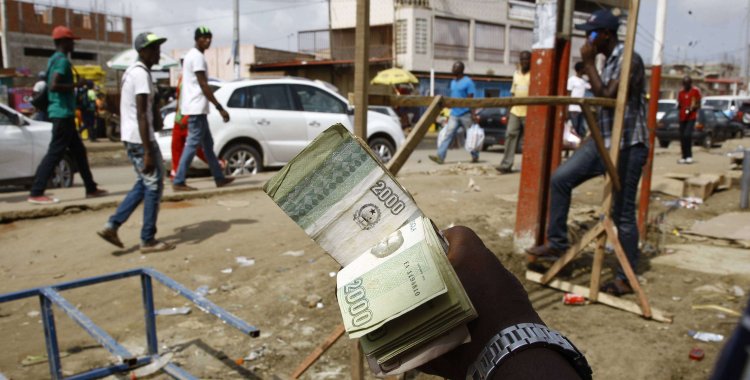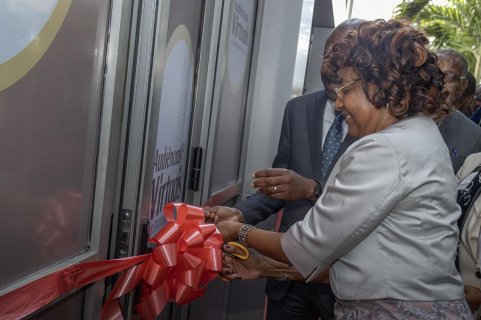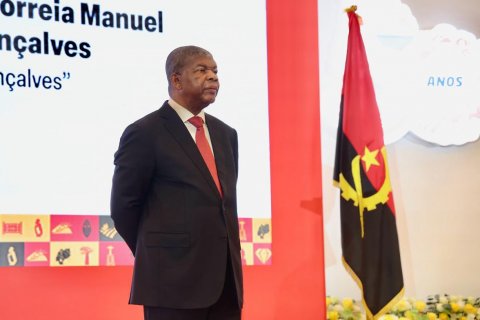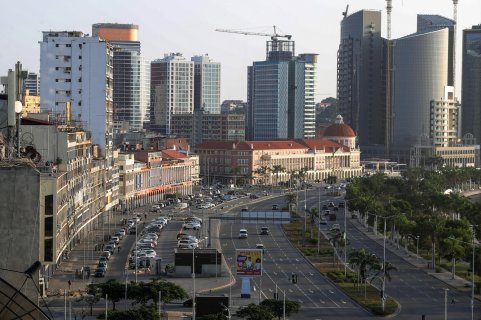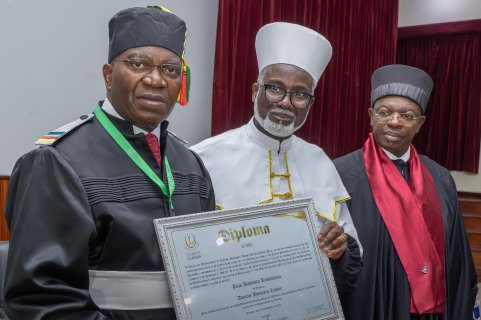"Despite the weak outlook for the 2020 economy and significantly low oil prices, the central bank has been persuaded to keep interest rates unchanged in a context of rising inflation, devaluation of the national currency and falling international reserves," write the analysts of NKC African Economics.
In the analysis note sent to clients, to which Lusa had access, analysts at Oxford Economics' African branch say that "even with the bad economic conditions, inflation has remained, on average, at 21 percent for the first eight months of this year, above 17.5 percent for the same period last year".
The kwanza, they conclude, has lost another 30 percent of its value since the beginning of the year, "but the weaker currency has helped mitigate the effects of lower oil prices on tax revenue and the current account".
The Monetary Policy Committee (CPM) of the National Bank of Angola decided on Monday to maintain the basic interest rate, BNA rate, at 15.5 percent, the interest rate on the marginal lending facility at 15.5 percent, the interest rate on the marginal lending facility, with a seven-day maturity, at 7 percent, the interest rate on the marginal lending facility, with an overnight maturity of 0 percent and to maintain the custody rate at 0.1 percent on excess liquidity of commercial banks.
In the note explaining the decision, the CPM considers that caution is needed regarding "optimism about the recovery of economic activity", warning of the consequences of a "possible second wave of covid-19 in the main economies".
On the foreign exchange market, the Angolan central bank points out that in August the commercial banks "bought more foreign exchange from their customers than from the BNA".
The regulator maintains that the increase in foreign exchange operations between the commercial banks and their clients "results from the strategy of gradual withdrawal of the BNA as the main provider of foreign currency resources in the interbank market, guaranteeing greater transparency in the functioning of the foreign exchange market".
The next ordinary meeting of the CPM is scheduled for 27 November.

